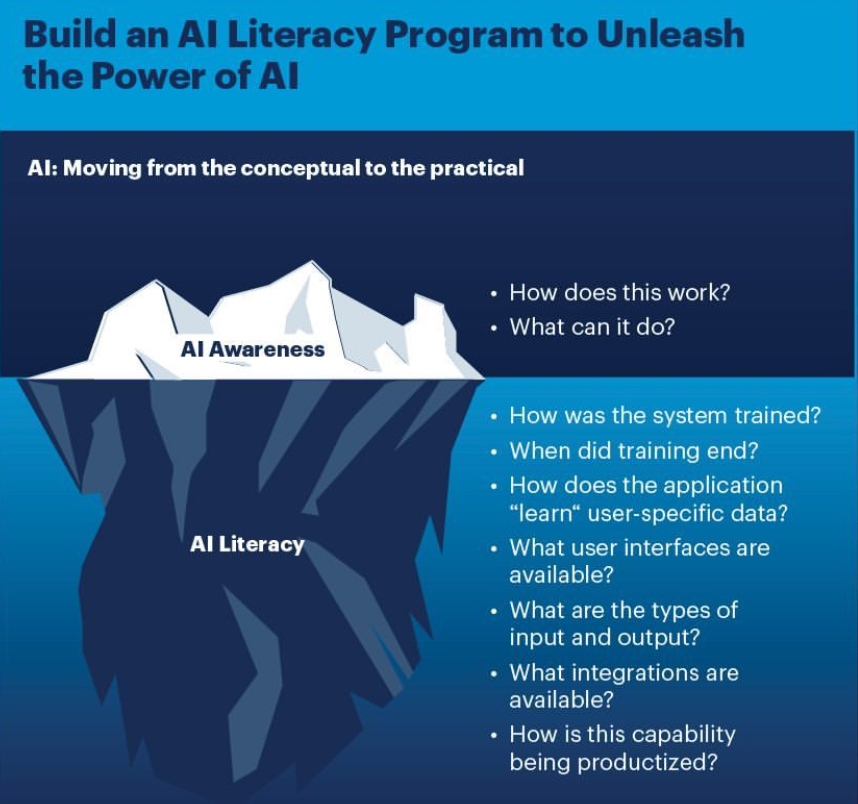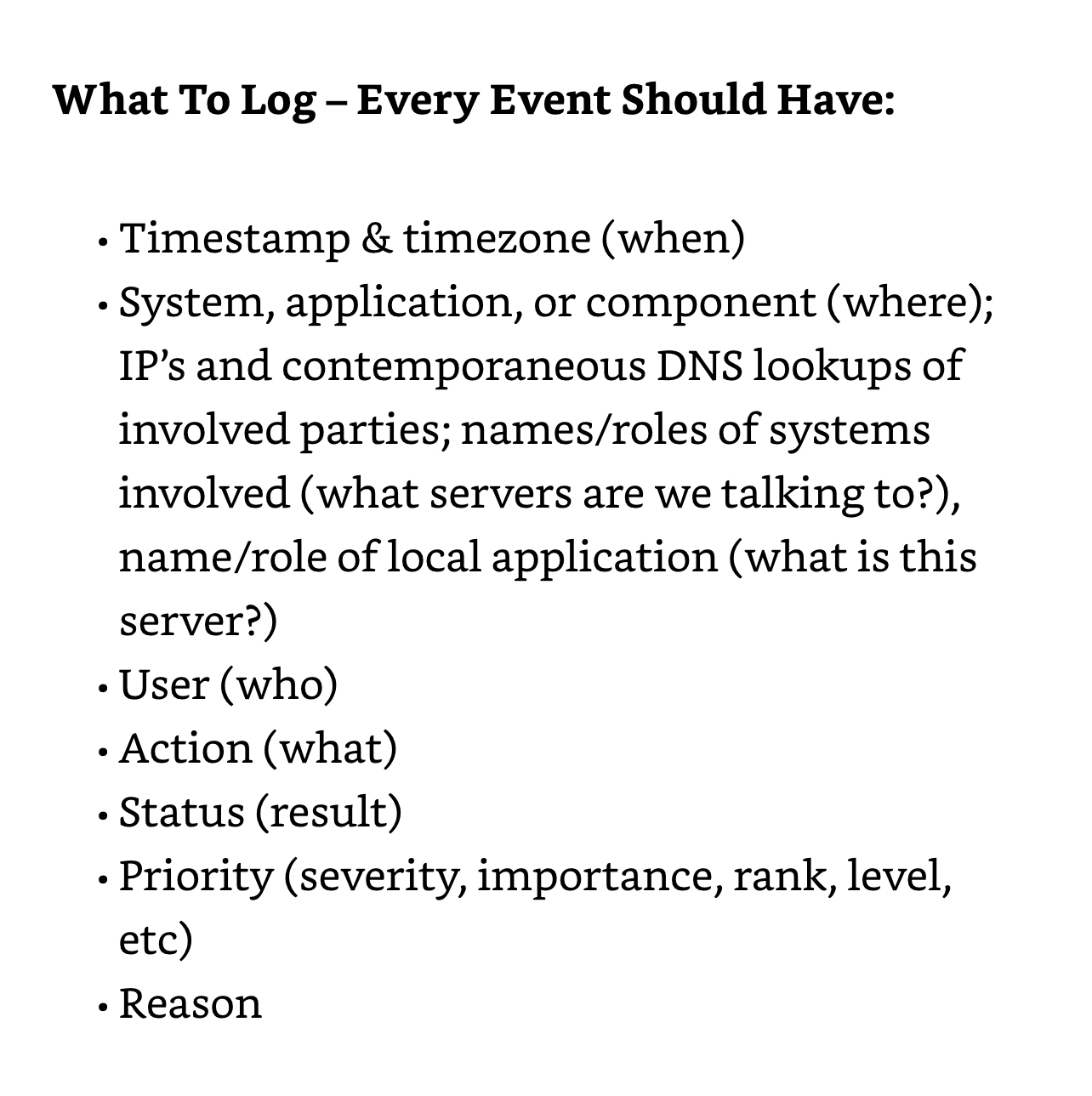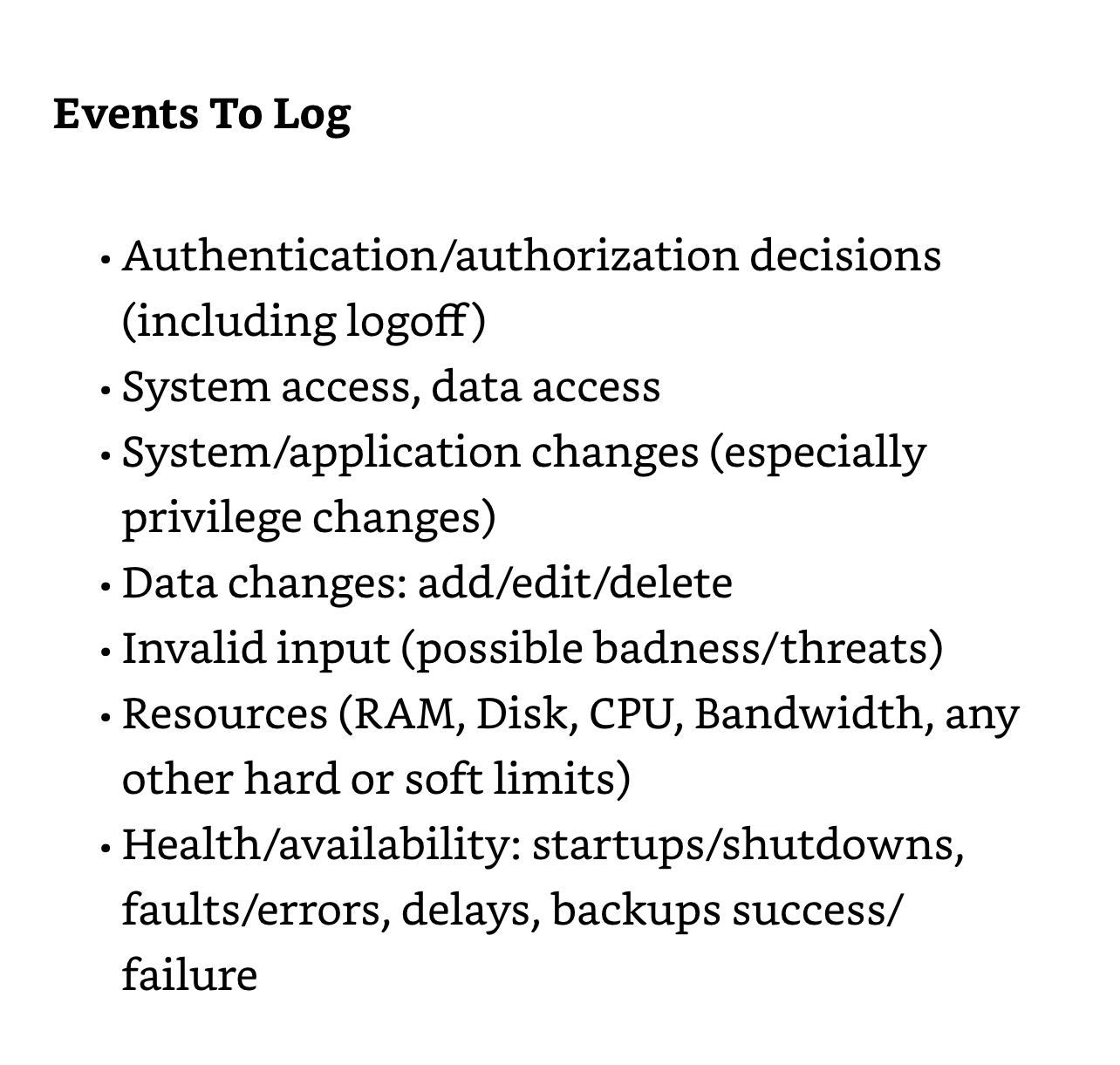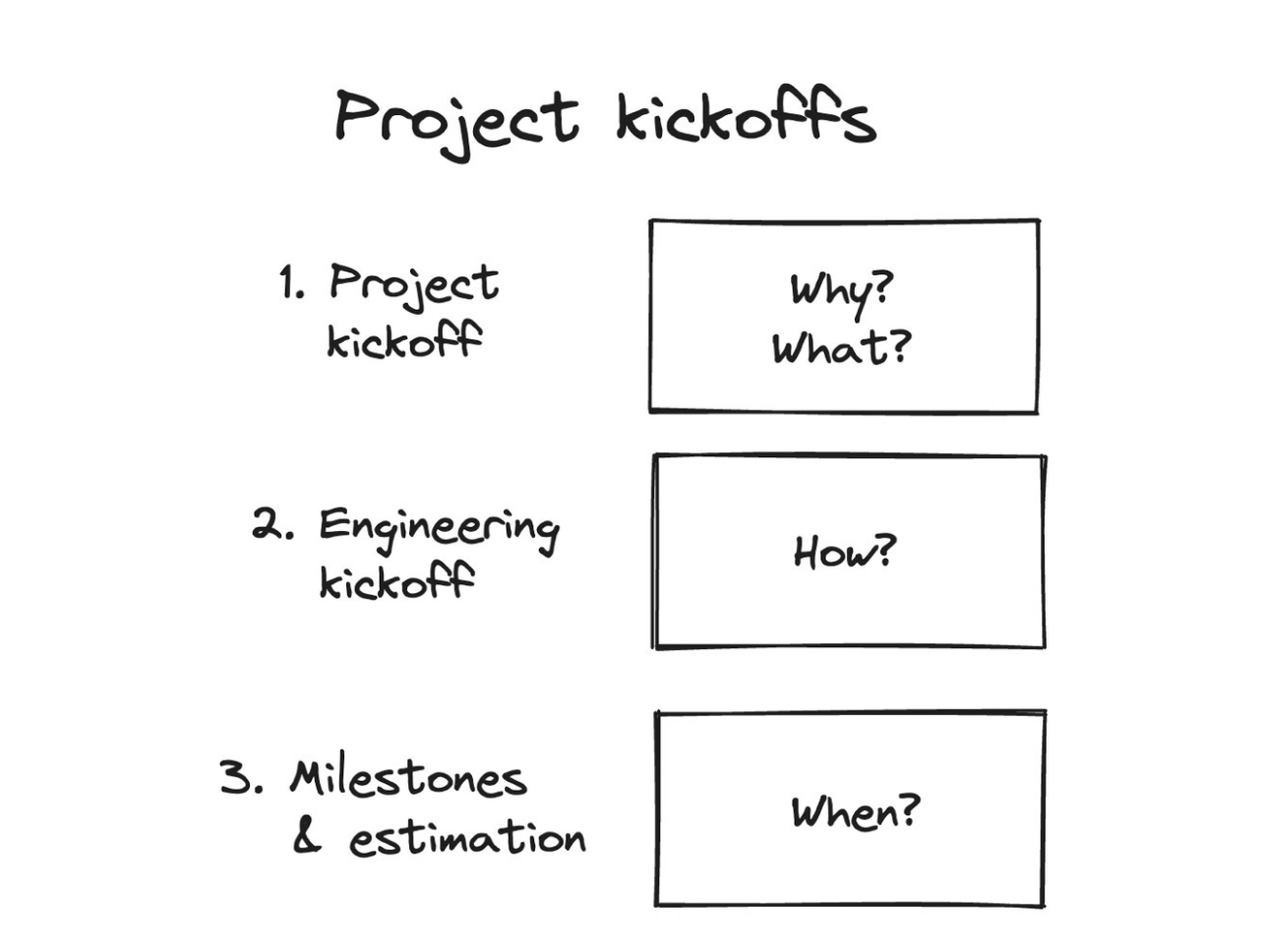“People judge an experience largely based on how they felt at its peak and at its end, rather than on the total sum or average of every moment of the experience.”
— Laws of UX by Jon Yablonski a.co/08kCEno
“People judge an experience largely based on how they felt at its peak and at its end, rather than on the total sum or average of every moment of the experience.”
— Laws of UX by Jon Yablonski a.co/08kCEno
“Jakob’s law isn’t advocating for sameness in the sense that every product and experience should be identical. Instead, it is a guiding principle that reminds designers that people leverage previous experience to help them in understanding new”
— Laws of UX by Jon Yablonski a.co/8drllGI
“I know what you’re thinking: if all websites or apps followed the same design conventions, that would make everything quite boring. This is a completely valid concern, especially given the ubiquity of specific conventions that can be observed today. This pervasive sameness can be attributed to a few factors: the popularity of frameworks to speed up development, the maturity of digital platforms and resulting standards, clients’ desire to emulate their competition, and just plain lack of creativity. While much of this sameness is purely based on design trends, there is a good reason we see patterns with some conventions, such as the placement of search, navigation in the footer, and multistep checkout flows.”
— Laws of UX by Jon Yablonski a.co/hAJpcdS
“Good user experiences are made possible when the design of a product or service is in alignment with the user’s mental model.”
— Laws of UX by Jon Yablonski a.co/80Eoidq
“A mental model is what we think we know about a system, especially about how it works. Whether it’s a digital system such as a website or a physical system such as a checkout line in a retail store, we form a model of how a system works, and then we apply that model to new situations in which the system is similar. In other words, we use the knowledge we already have from past experiences when interacting with something new.”
— Laws of UX by Jon Yablonski a.co/eBqnGYK
“follow common design conventions, enabling users to focus more on the site’s content, message, or product. In contrast, uncommon conventions can lead to people becoming frustrated, confused, and more likely to abandon their tasks and leave because the interface does not match up”
— Laws of UX by Jon Yablonski a.co/hny8g9A
“Jakob’s law (also known as “Jakob’s law of the internet user experience”) was put forth in 2000 by usability expert Jakob Nielsen, who described the tendency for users to develop an expectation of design conventions based on their cumulative experience from other websites. 1”
— Laws of UX by Jon Yablonski a.co/dr3f0GE
“There is something incredibly valuable to be found in familiarity. Familiarity helps the people interacting with a digital product or service know immediately how to use it, from interacting with the navigation to finding the content they need to processing the layout and visual cues”
— Laws of UX by Jon Yablonski a.co/1MEck1k
“human factors engineering, a discipline that focused on designing tools, machines, and systems that take into account human capabilities, limitations, and characteristics.”
— Laws of UX by Jon Yablonski

“Stay curious and be humble”
— The Software Engineer’s Guidebook: Navigating senior, tech lead, and staff engineer positions at tech companies and startups by Gergely Orosz a.co/8mJJFTZ


“Mentor others Mentoring is about guiding someone, sharing your knowledge, and helping them grow. As a staff + engineer, you have plenty of experience which can help others grow faster. Mentoring doesn’t need to be formal, it can be as easy as offering to help new joiners get up to speed. By getting into the habit of helping others grow–while expecting nothing in return–you will improve your ability to teach and explain. If you keep mentoring and helping others over time, you’re likely to build up a reputation as someone whom senior-and-above engineers can seek out for advice.
“Too much process. If a team operates with too much red tape, it can feel like a huge effort to get simple things done, such as changing code or using a new tool. This can pull down team efficiency and morale, and cause more attrition.”
— The Software Engineer’s Guidebook: Navigating senior, tech lead, and staff engineer positions at tech companies and startups by Gergely Orosz a.co/06EkZo3
“Design documents/ requests for comments (RFCs)”
— The Software Engineer’s Guidebook: Navigating senior, tech lead, and staff engineer positions at tech companies and startups by Gergely Orosz a.co/7wdHdVx

“RFC, wait for feedback, then build. For projects with lots of dependencies or teams that are dependent on what’s being built, progress may ultimately be faster if feedback from all stakeholders is gathered first.” (eg for corporate official website)
— The Software Engineer’s Guidebook: Navigating senior, tech lead, and staff engineer positions at tech companies and startups by Gergely Orosz a.co/6QIZuPJ
“Ensure your work has the right balance of quality and speed. At startups, “great” might lean towards shipping things quickly, while at larger companies, “great” might mean well-tested, clean code, or code changes which are straightforward to review, or maintainable solutions.”
— The Software Engineer’s Guidebook: Navigating senior, tech lead, and staff engineer positions at tech companies and startups by Gergely Orosz a.co/43HTHwW
micromanagement
Prescriptive direction Certain managers tell their teams exactly how to execute tasks rather than highlighting what needs to be done. This approach stifles the team’s autonomy and creativity and hampers their ability to find innovative solutions.